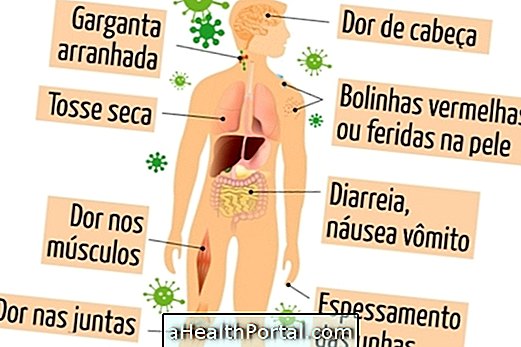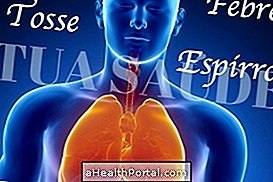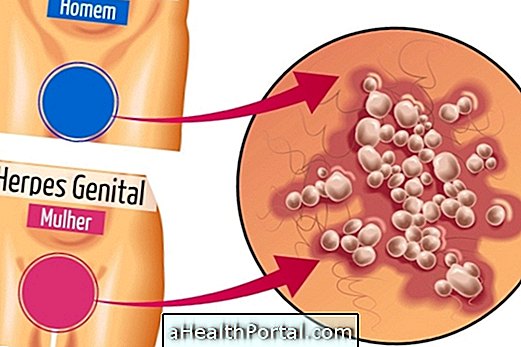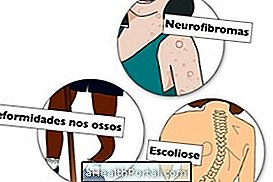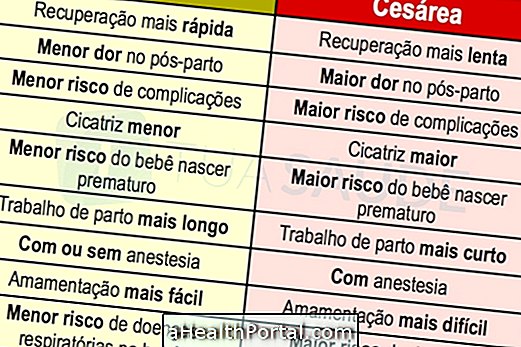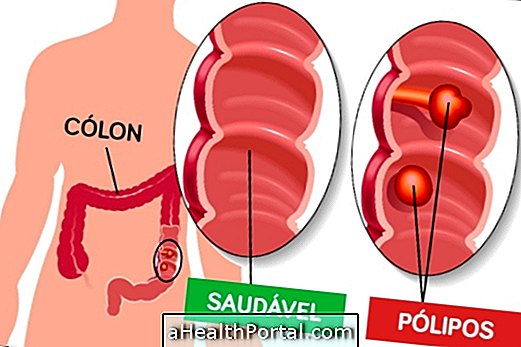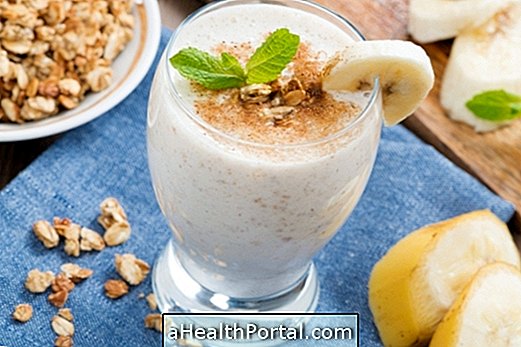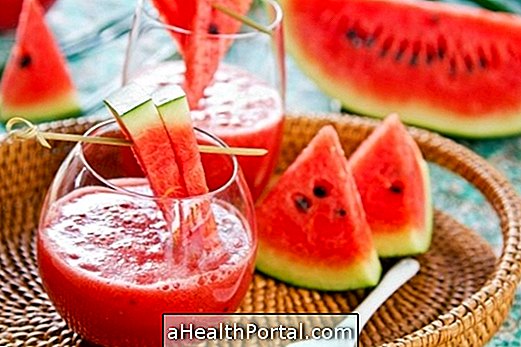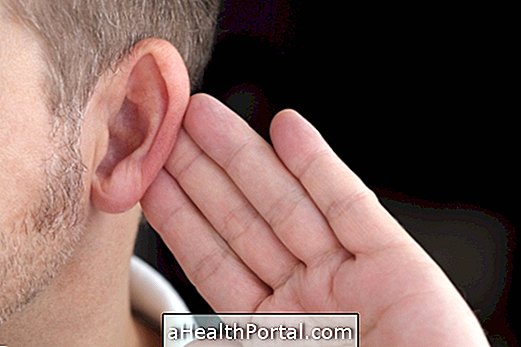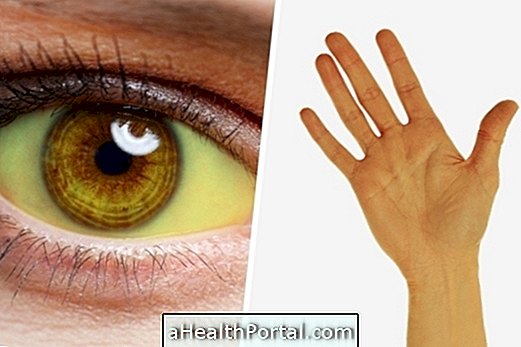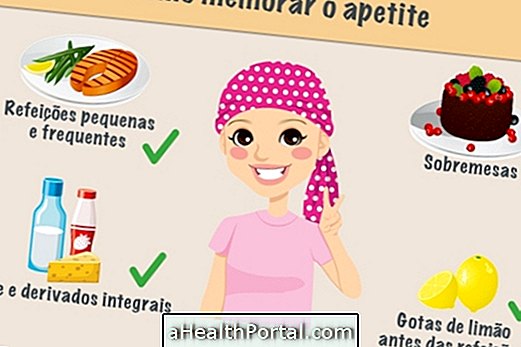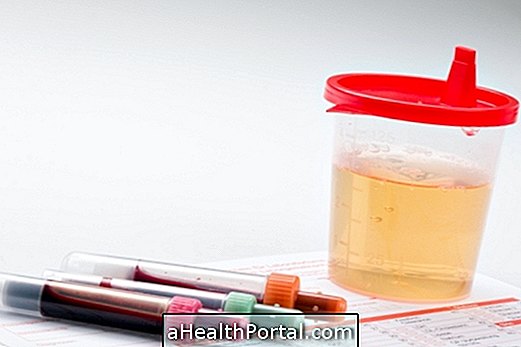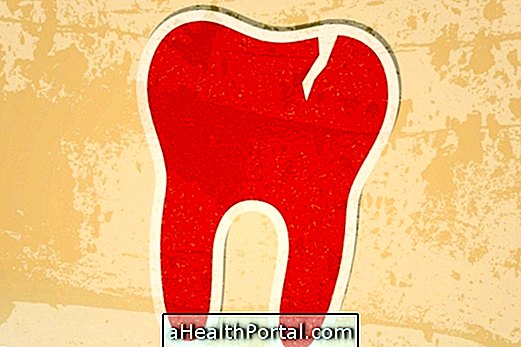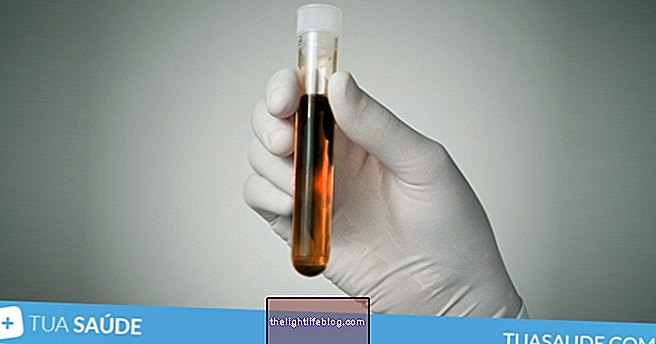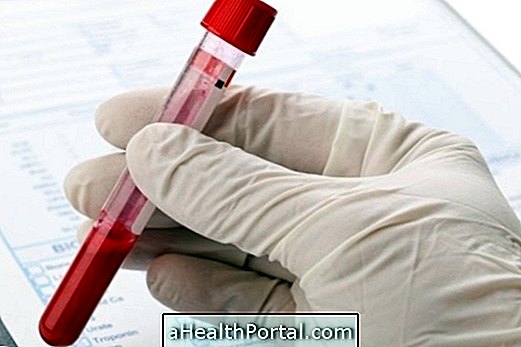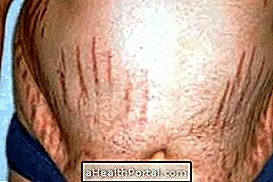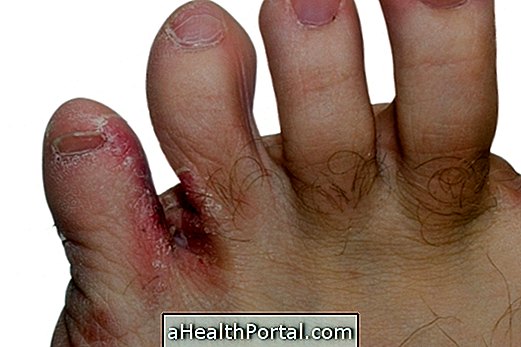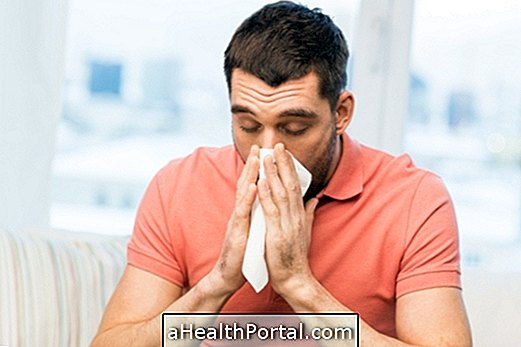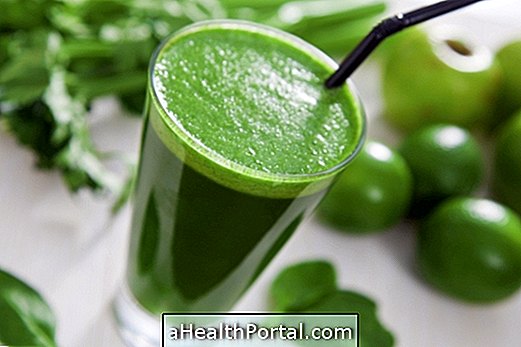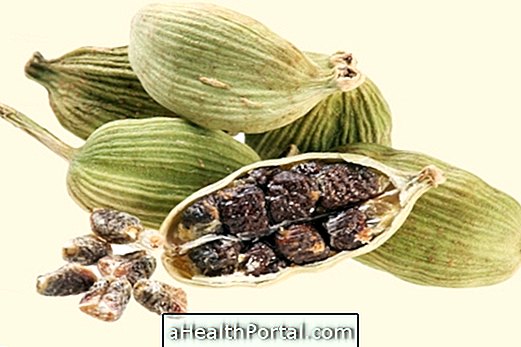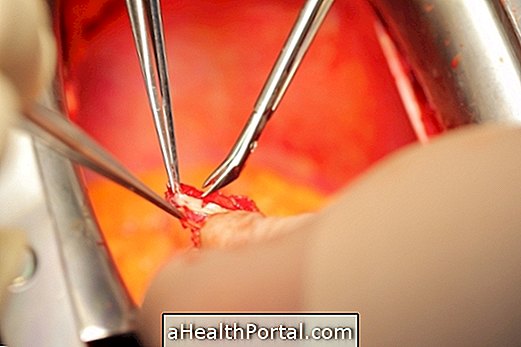The main symptom warning of diverticulitis is the appearance of intense, constant pain in the belly, which usually begins in the region below the navel but moves to the left side.
However, other signs include:
- Fever between 37.5º and 38º;
- Constant headache;
- General malaise;
- Lack of appetite;
- Nausea and vomiting;
- Decreased will to defecate and constipation;
- Diarrhea or loose stools with pus or blood.
When two or more of these symptoms occur, it is advisable to consult a gastroenterologist immediately or go to the emergency room to identify the problem and initiate appropriate treatment, avoiding the development of serious complications such as bowel obstruction.
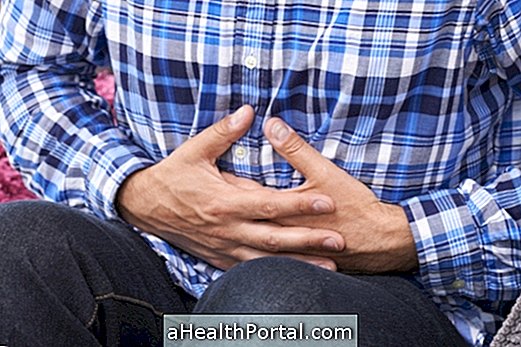
Symptoms usually last for about two days, and during this time it is important to take care of your food in order to speed up recovery and relieve symptoms. When this does not happen, the symptoms can last longer and even cause some complications. Here's how the diet should be during a diverticulitis crisis.
Difference between diverticulitis and other diseases
Some of the symptoms of diverticulitis are also characteristic of other diseases of the gastrointestinal system like irritable bowel syndrome, Crohn's disease or appendicitis. However, there are some differences that may help to better identify the true cause of the symptoms:
| Diverticulitis | Irritable bowel syndrome | Crohn's disease | Appendicitis | |
| Age | More frequent after 40 years. | It comes around 20 years. | Most common before age 30. | Between the ages of 10 and 30, but can arise at any age. |
| Type of pain | Constant, intense and on the left side of the belly. | Intense, constant and in the lower part of the belly. | Intense, constant and in the lower part of the belly. | Intense and constant, on the right side of the belly. |
| Willingness to defecate | Usually there is no will to defecate. | Urgent will to defecate. | Urgent will to defecate. | There is usually difficulty in defecating. |
| Stool consistency | Constipation is more common. | Periods of constipation and diarrhea. | The onset of diarrhea is more common. | In a few cases, diarrhea may occur. |
In any case, it is necessary to make diagnostic tests, such as abdominal computed tomography or colonoscopy, to confirm the diagnosis and start the appropriate treatment.
How to prevent the onset of diverticulitis
Diverticulitis is a common problem in patients who have diverticula in the gut and so to avoid diverticulitis it is important to:
- Drink about 2 liters of water per day;
- Eat between 25 and 35 grams of fiber through foods like carrots, beets, rice or beans, for example.
- Chew food well before swallowing;
- Do regular exercise, such as walking or running.
However, it is not always possible to prevent the onset of diverticulitis and in these cases it is important to treat with anti-inflammatory and anti-spasmodic drugs recommended by your doctor. Understand the treatment options for diverticulitis.
